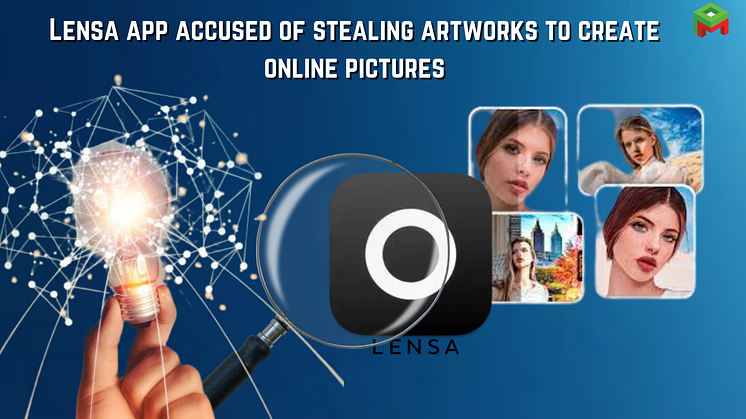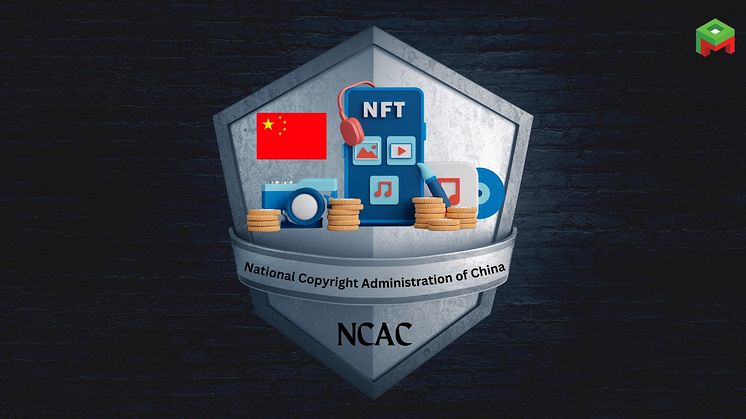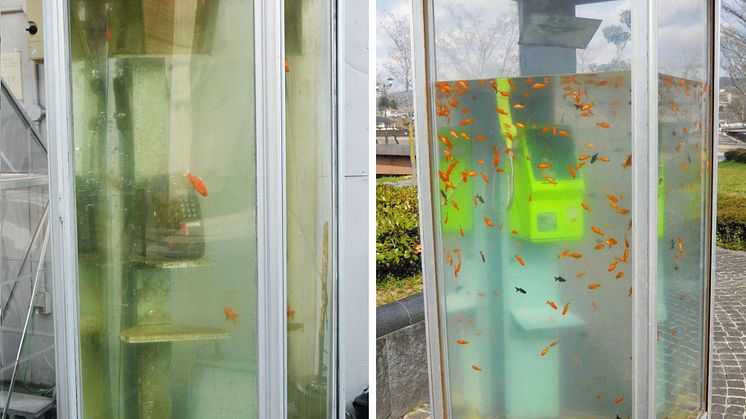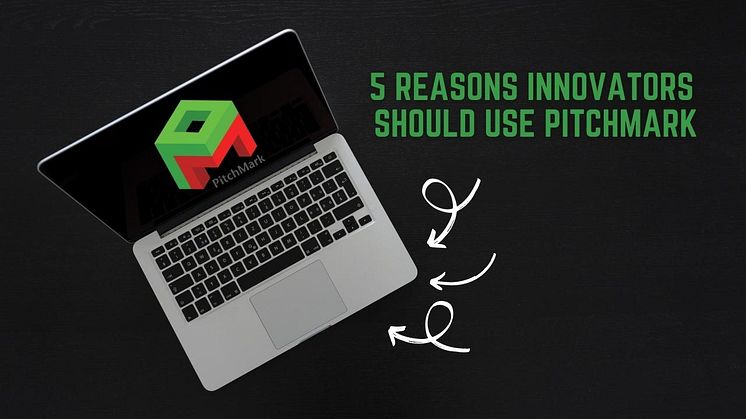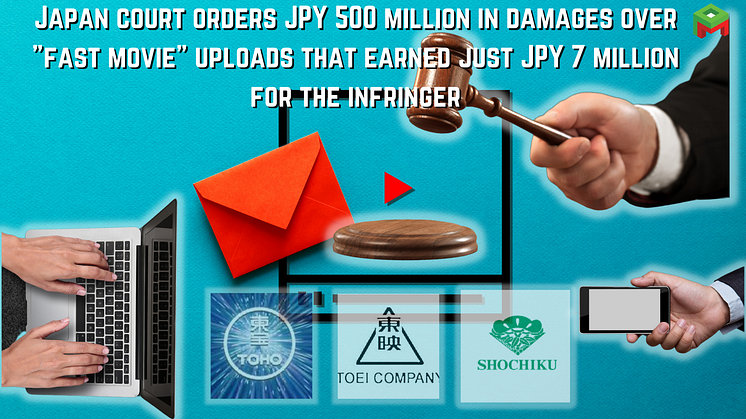
News -
Japan court orders JPY 500 million in damages over "fast movie" uploads that earned just JPY 7 million for the infringer
With an aim to deter unauthorized use of copyright-protected work for personal benefits, the Tokyo District Court ordered a man and woman in their 20s to pay JPY 500 million (USD3.6 million) in damages for uploading minutes-long, edited versions of their films - known as "fast movies" on YouTube - without permission.
The duo edited and published ‘fast movies’ for 54 works, including "Shin Godzilla”, the Oscar-winning drama "Departures" and the horror movie "Cold Fish”, during the month of January to October 2020. Views for their videos exceeded 10 million and earned them about JPY 7 million in advertising revenue, a sum that is much less than the court’s approved damages.
The damages for copyright infringement were sought by plaintiffs that included 13 film production houses and TV stations.
According to the plaintiffs’ assessment, they incurred a loss of JPY 2 billion, based on JPY 200 as cost per view, and had asked for a minimum of JPY 500 million in damages.
The Sendai District Court found the defendants guilty of breaking the copyright law in November of last year. The movies, which are normally only 10 minutes long, contained narrations about their stories, the court claimed.
The lawyer for the plaintiffs Hiroyuki Nakajima commented that it was a "significant deterrent against future cases of copyright infringement."
It was the first court decision in Japan in which such a huge amount has been awarded for unauthorized uploads.
In Japan, publishing corporations are stepping up their surveillance of piracy websites and concentrating on legal actions to recover damages from site owners and other parties.
For instance, a Spanish online advertising firm was pressured by a Japanese industry organization to stop running advertisements on pirate websites in October.
Japan is making serious efforts to crack down on piracy of its intellectual property in overseas countries. For instance, Chinese authorities fined a Chinese national for distributing a Japanese novel without permission.
PitchMark helps innovators deter idea theft, so that third parties that they share their idea with get the idea but don’t take it. Visit PitchMark.net and register for free as a PitchMark member today.

